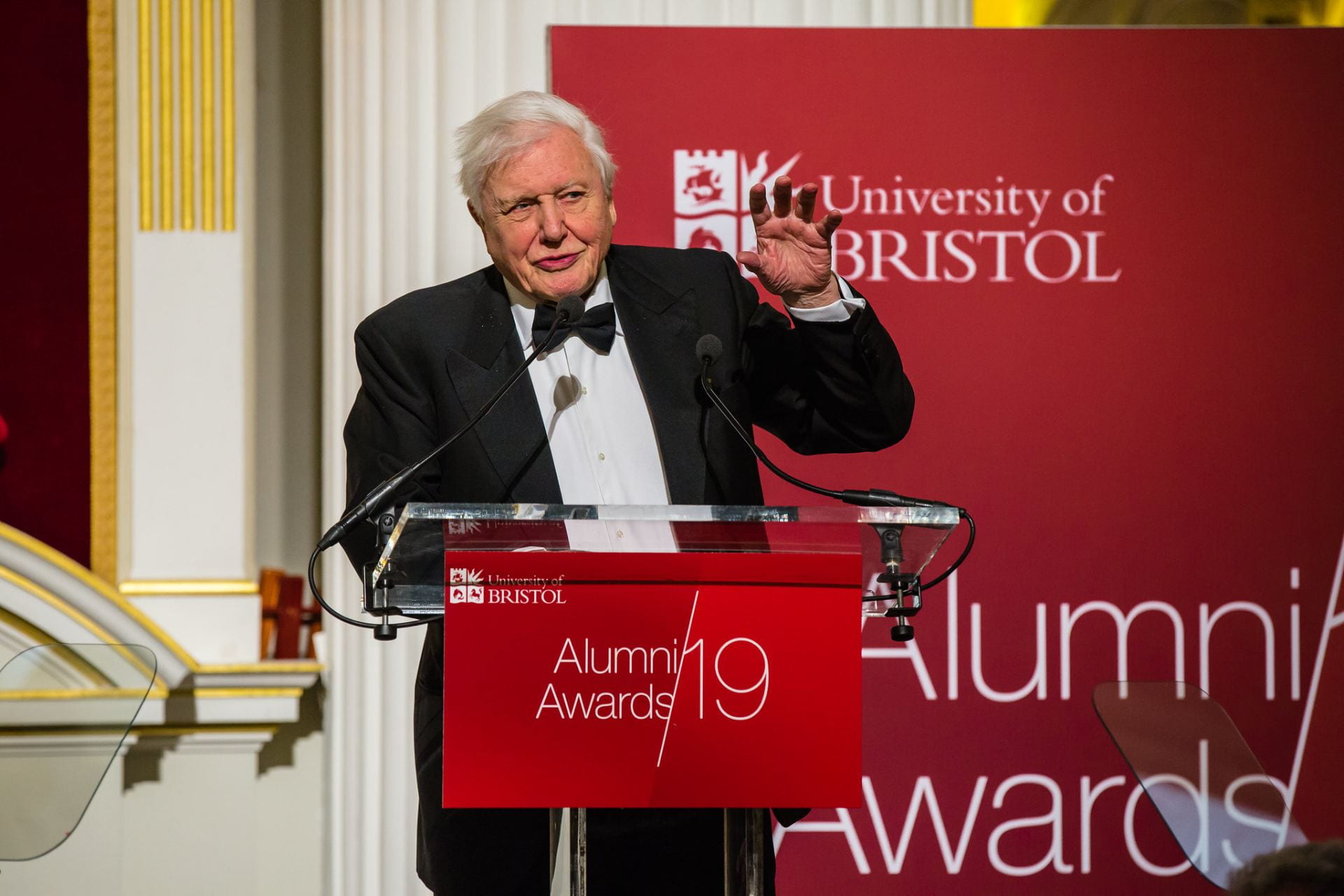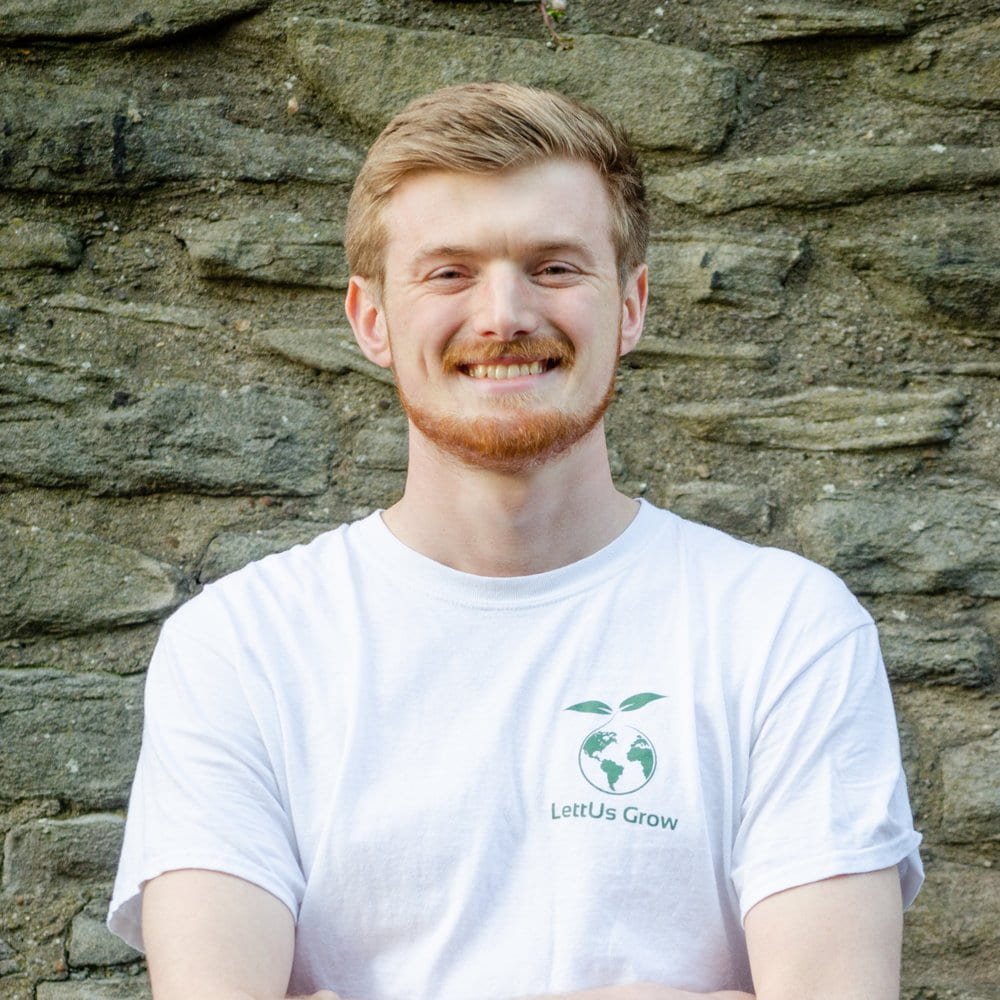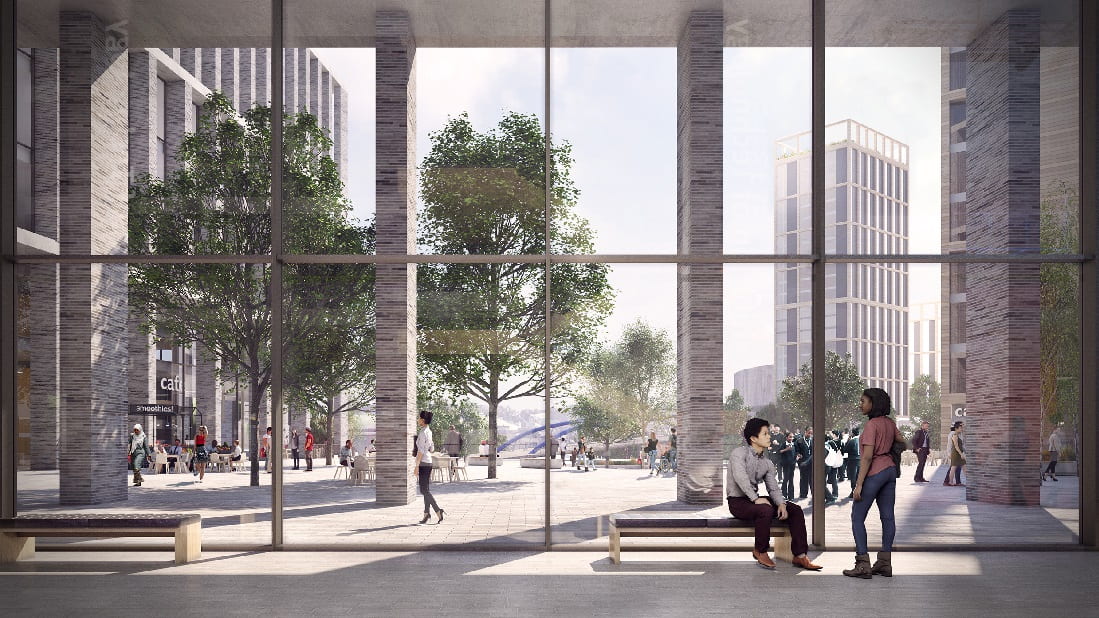
Dr Alix Dietzel, Lecturer in Global Ethics, School of Sociology, Politics and International Studies (SPAIS) and specialist in Climate Change and Global Justice considers the ethical dimensions of climate emergency.
In our bid to act now against the current climate emergency, we must not neglect the ethical dimensions of climate change. A focus on justice needs to be included in the conversation. Climate change will bring suffering to communities, individuals and ecosystems and those least responsible for the problem will suffer the most.1
Those least responsible include people living in the Global South and economically disadvantaged people living within wealthier countries, who have very low emissions and at the same time have little adaptive capacity to climate change. And, of course, future generations, who have done nothing to contribute to climate change. The fact that that these people will suffer more than the wealthiest individuals in the world, who contribute most to climate change, presents a profound case of injustice.
My research focuses on climate justice and the evaluation of the global political response to climate change. This approach allows me to understand and assess the complexities of state (UNFCCC, Paris Agreement) and substate (cities, NGOs, corporations, individuals) responses to climate change and make suggestions for reform that are grounded in both ethical considerations and policy analysis.
My work has a focus on human rights and where responsibilities for taking action actually lie.
I analyse policy documents, outcomes and negotiations taking place at the global level. I consider both state and non-state actors to get a sense of what responses are working, who’s doing best in terms of acting justly (protecting human rights, making fair decisions) and what can be adapted and replicated.
What my research is showing is that at the sub-state level organisations are more ambitious and creative and it’s this area which gives me hope. States have trouble making just decisions at the global level. For example, if you think about the Paris Agreement negotiations, we had over 200 parties trying to agree on a way forward for addressing climate change, so it was inevitable that any measures were going to be ‘watered down’ and somewhat conservative in their approach. Otherwise, not every state in the world could have come to an agreement.
‘We need to humanise the global climate change problem. We need to get away from the idea that we’re somehow separate and remember to include a focus on human rights as part of this debate.’
Cities, by comparison, have a much easier time implementing change than states. City mayors and councils can make decisions on transport, new buildings, food supply, and so on and all these changes can make a very big difference. So, for the University of Bristol and the City of Bristol to announce a climate emergency is a good thing, because it shows potential for movement forward at a local level at least.
Universities can also join together in their thinking as they have many aspects in common – such as academic travel and waste management.
You only have to look at the We Are Still In group in the USA to see how sub-state action can be effective. Despite President Trump declaring the USA no longer part of the Paris Agreement, We Are Still In signatories, including cities, corporations, and individuals, represent a constituency of more than half of all Americans and taken together they represent $6.2 trillion, a bigger economy than any nation other than the USA or China. That is a powerful sub-state group of people pressing for increased ambition on climate change.
However, we need to ensure that the voices from the Global South are also heard. We are not alone in Western countries in heading for a 3-4 degree Celsius rise in temperature.2 Countries and communities in the Global South will also need technology, funding and research and we need to understand the social systems that scientists are pushing technology into. A green transition will only be just if we understand the global effects of such a transition.
Those living in the Global South struggle to have their voices heard in global negotiations.
They often do not have the resources to send a large team of English-speaking representatives who can attend all of the important side-events and discussions. Even when they do, their voices are often overpowered by richer nations. In addition, activists in the Global South often don’t have the funds for the substate work they want to do. We also need to understand global supply chains and the repercussions of the so-called ‘green economy’. If we encourage people to switch to electric cars, what is happening to the scrap metal of the petrol ones?
Where are the lithium batteries for the electric cars coming from, where is it being mined and under what circumstances? What is extracting it doing to the earth? We can no longer look at ‘greening’ in isolation. Bad supply chains and slave labour conditions are unacceptable from a climate justice perspective.
Right now, we are at a critical crunch point with climate change and it can no longer be ignored. Paying attention to just decision-making and fair global action is a critical part of understanding how to move forward. I’m proud to work at a university that is willing to push boundaries and take ambitious action.
References
1. Dietzel, A. (2019). Global Justice and Climate Governance: Bridging Theory and Practice. Edinburgh: Edinburgh University Press.
2. CAT. (2019). The CAT Thermometer. Available online at: climateactiontracker.org/ global/cat-thermometer [last accessed 30 July 2019].




